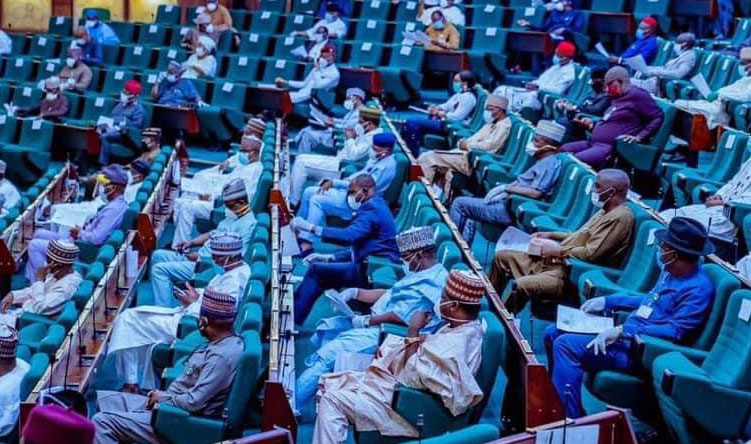
As part of its responsibility to examine the accounts and reports of Ministries, Departments and Agencies of the Federal Government, the Bamidele Salaam (PDP)-led House Committee on Public Accounts in November 2023 initiated an investigation into the activities and operations of the Federal Government’s Treasury Single Account (TSA) initiative and Remita, the payment gateway deployed by the Central Bank of Nigeria to power the TSA.
This is probably the fourth or fifth time that the legislature has undertaken investigations into the FGN TSA programme since its commencement in 2015. Investigations into possible revenue leakage have not just been useful, they have also been enlightening as a lot of lessons and new insights into how the TSA operates and the current state of things have been unveiled during the sessions.
Here are seven key things you should know from the Public Accounts Committee’s Investigations into Remita. N34 trillion collected through TSA in seven years
Since inception in 2015 under the Buhari regime, the government has received payments to the tune of a whooping 34 trillion Naira through the TSA. It is the first time the country is able to have visibility and account for its cash assets in real time. This was impossible before 2015 when different MDAs operated about 20,000 accounts in different banks with many things happening behind the scenes.
Government tracks all revenue collections with RRR
It is quite impressive that the government is able to track and account for every single kobo of payment received through a unique RRR code that is attached to every revenue inflow. The RRR (Remita Retrieval Reference) is an outstanding feature of the payment gateway deployed by the CBN that enables government to know the MDAs that received the money, the account into which the money went, the date and time the money was paid, what the money was paid for, and the name of the person that made the payment. RRR seems to have become the ultimate reconciliation reference point for all payers, banks, MDAs for all government revenue collections.
Some MDAs are operating outside TSA
The investigations have unraveled that some MDAs are only partially complying with the TSA Revenue policy while some are in absolute breach. The core objective of the Treasury Single Account initiative is to create a single window through which all inflows and outflows of government can be monitored in real time for transparency and accountability and especially for the effective management of government’s cash assets.
Some of the defaulting agencies so far identified include Nigeria Customs Service, Nigeria Immigration Services, Federal Medical Centres, FRSC, Nigeria Railway Corporation, etc.
Forex collections are done outside TSA
The TSA was designed to create a single monitoring window for all government inflows and outflows regardless of currency. Forex revenue collections still occur outside of the TSA framework meaning foreign exchange revenues earned by the federal government are at risk of being diverted into the pockets of unscrupulous entities within MDAs who receive revenue in foreign currency.
At a time when the Nigerian Government is looking for how to generate Forex and stymie the devaluation of the Naira due to increased demand for the U.S. Dollar, this should not be allowed to happen.
Surprisingly the Accountant General of the Federation could not provide answer to why this is till the case, eight years after government initiated the TSA policy.
The TSA Collection fee is not 1 per cent
The House of Reps investigations seems to have finally laid the issue of the fee paid to the TSA service providers to rest. This was confirmed to be N150 flat+VAT for all payments irrespective of the amount being paid. The CBN circulars of 2018 and 2020 presented at the sittings confirmed this
Remita is not owned by Government
Remita is the name of the company and, also the name of the payment gateway adopted by the CBN for the operation of the FGN TSA. The company is a subsidiary of SystemSpecs, a Nigerian software technology investment group which also owns four other tech companies.
CBN and OAGF earn revenue from TSA
It was established that the OAGF who is the beneficiary of the TSA service was earning fees for the provision of services rendered to it. This was considered very strange especially when it was discovered that the CBN was also taking out of the fees due to the banks, Remita and other service providers. It is unclear if the OAGF and CBN were able to convince the legislators for the basis for this.
The Public Accounts Committee seems to have done a good job so far as it has provided the public with an extensive insight into the operations of the TSA and exposed major areas of non-compliance by MDAs that can result in massive leakages of government revenue if urgent steps are not taken by relevant stakeholders.
Audu wrote from Abuja.













